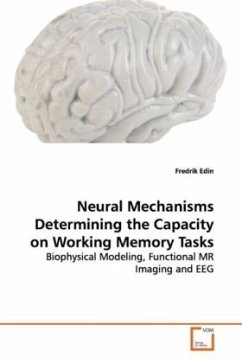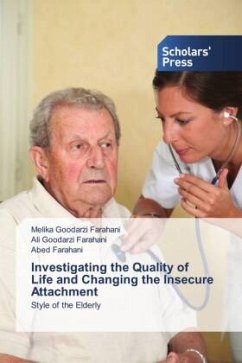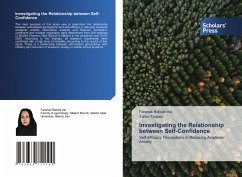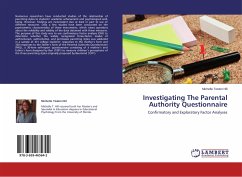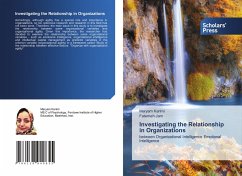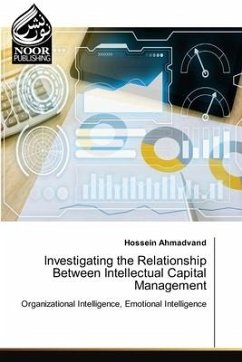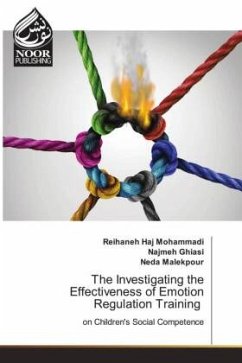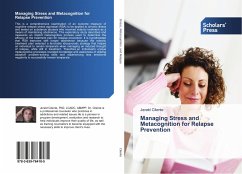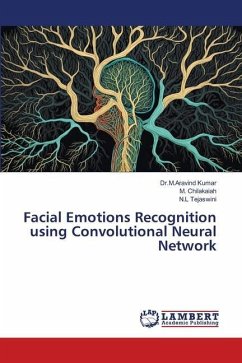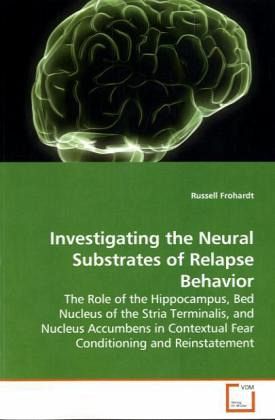
Investigating the Neural Substrates of Relapse Behavior
The Role of the Hippocampus, Bed Nucleus of the Stria Terminalis, and Nucleus Accumbens in Contextual Fear Conditioning and Reinstatement
Versandkostenfrei!
Versandfertig in 6-10 Tagen
32,99 €
inkl. MwSt.

PAYBACK Punkte
16 °P sammeln!
Reinstatement occurs when exposure to theunconditioned stimulus alone (i.e., contextconditioning), after extinction, causes a recovery of responding to the conditioned stimulus. This model isfrequently used as a research model of relapse forthe treatment of drug abuse and anxiety disorders.Reinstatement of conditioned fear has been shown to depend on the hippocampal formation. Thehippocampal formation has also been implicated in theacquisition and expression of contextual freezing.Two experiments examined the role of the hippocampus and two of its efferent targets, the bednucleus of the stria ...
Reinstatement occurs when exposure to the
unconditioned stimulus alone (i.e., context
conditioning), after extinction, causes a recovery of
responding to the conditioned stimulus. This model is
frequently used as a research model of relapse for
the treatment of drug abuse and anxiety disorders.
Reinstatement of conditioned fear has been shown
to depend on the hippocampal formation. The
hippocampal formation has also been implicated in the
acquisition and expression of contextual freezing.
Two experiments examined the role of the
hippocampus and two of its efferent targets, the bed
nucleus of the stria terminalis (BST) and nucleus
accumbens, in two protocols for creating contextual
freezing, and the reinstatement of conditioned fear
in rats. The results of these experiments suggest
that hippocampal-BST neural circuitry is critically
involved in the reinstatement effect and
the production of a state that is more like anxiety
than fear.
unconditioned stimulus alone (i.e., context
conditioning), after extinction, causes a recovery of
responding to the conditioned stimulus. This model is
frequently used as a research model of relapse for
the treatment of drug abuse and anxiety disorders.
Reinstatement of conditioned fear has been shown
to depend on the hippocampal formation. The
hippocampal formation has also been implicated in the
acquisition and expression of contextual freezing.
Two experiments examined the role of the
hippocampus and two of its efferent targets, the bed
nucleus of the stria terminalis (BST) and nucleus
accumbens, in two protocols for creating contextual
freezing, and the reinstatement of conditioned fear
in rats. The results of these experiments suggest
that hippocampal-BST neural circuitry is critically
involved in the reinstatement effect and
the production of a state that is more like anxiety
than fear.



